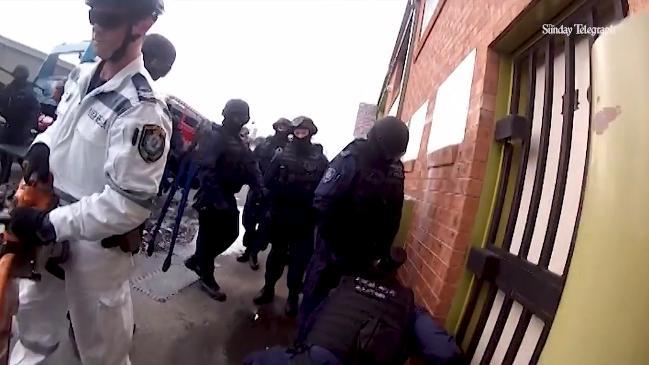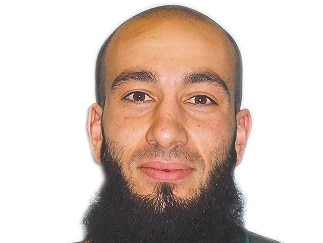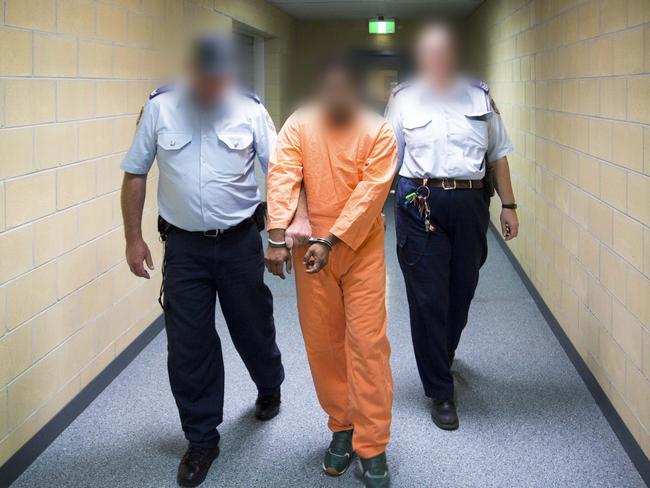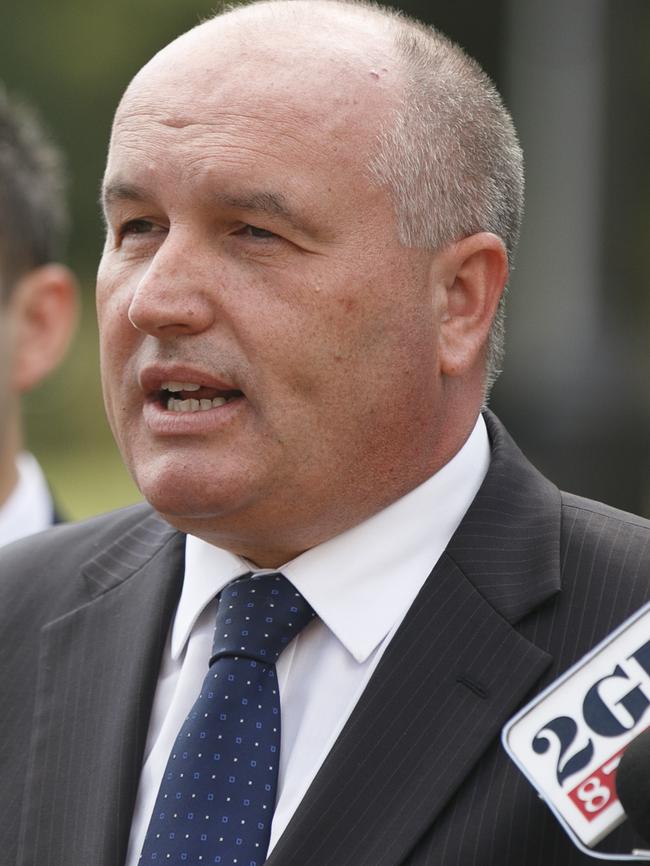‘Islamic State terror material’ found in B4L boss Bassam Hamzy’s Supermax cell
A USB containing “Islamic State material” was found in the Supermax cell of Bassam Hamzy, one of Australia’s extreme high-risk prisoners, forcing the state government into urgent action.

NSW
Don't miss out on the headlines from NSW. Followed categories will be added to My News.
- Bassam Hamzy and notorious armed robber at war inside Goulburn’s Supermax
- $6m prison tapes: The fight with Bassam Hamzy
A FLASH drive containing “Islamic State material” was found in the Supermax cell of one of Australia’s extreme high-risk prisoners.
The discovery of the USB in the cell housing Brothers 4 Life founder Bassam Hamzy has forced to state government into closing a loophole that allowed radical prisoners to keep and look at pictures and videos of terrorism.
Other than the obvious concern about jihadist inmates viewing such items, the fear was they could use this material to radicalise others.
Under amendments introduced into state parliament this week, they will only be able to see such items while accompanied by their lawyer.

The move closes a bizarre loophole in the Criminal Procedures Act whereby inmates could access extremist materials if it formed part of the evidence in their case.
The flash drive was found in Hamzy’s cell late last year by prison officers who had been conducting a targeted search of his cell for a mobile phone.
While the USB had been registered as material relating to his legal case, it is understood prison officers were concerned at the content.
“The USB contained Islamic State material,” a prison source said.
Under the revised laws, terrorism evidence is defined as anything that advocates support for engaging in terrorist acts or violent extremism.

It also includes planning or preparing for, or engaging in, any terrorist acts or violent extremism; or advocates joining or associating with a terrorist organisation.
The revised law mirrors the one in place for inmates accused of sexual offences, who are banned from accessing “sensitive evidence” such as that depicting obscene, indecent or private images without supervision.

Counter Terrorism Minister David Elliott said allowing inmates to continue to access extremist materials worked against prison deradicalisation efforts.
“NSW has the toughest counter-terrorism laws in the country, including increasing police powers, strengthened bail laws, stronger parole provisions and the creation of a post-sentence detention scheme for high-risk terrorist offenders,” Mr Elliott said.
“It will now be an offence for an accused person to possess extremist material, similar to the way accused sex offenders cannot possess sensitive evidence, such as photographs of sexual assault victims. Having extremist material in a correctional centre inhibits efforts to deradicalise the person, and increases the risk of radicalisation of other inmates.”
Mr Elliott said breaches attracted a two-year jail sentence.
Attorney-General Mark Speakman said the changes would protect the accused person’s right to a fair trial.
“If the accused is self-represented, they will be able to view material under the supervision of the prosecuting authority,” he said.
